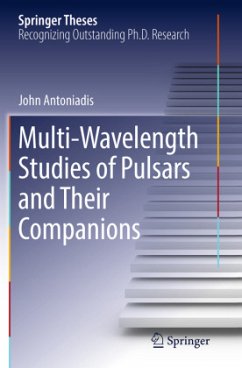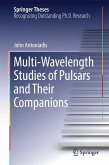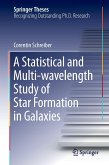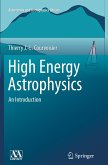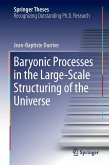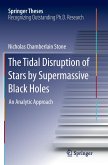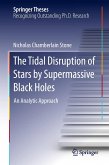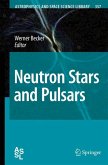The focus of his prize-winning thesis is on observations and modeling of binary millisecond pulsars. But in addition, John Antoniadis covers a wide range of observational measurements of binary compact stars systems and tests of General Relativity, like indirect measurements of gravitational wave emission and posing the most stringent constraints on Scalar-Tensor gravity theories. Among others, he presents a system that hosts the most massive neutron star known to date, which has important ramifications for strong-field gravity and nuclear physics. This impressive work was awarded the Otto-Hahn Medal of the Max-Planck Society and the Best PhD in Gravity, Particle and Atomic physics award by the German Physics Society (DPG).
Bitte wählen Sie Ihr Anliegen aus.
Rechnungen
Retourenschein anfordern
Bestellstatus
Storno

